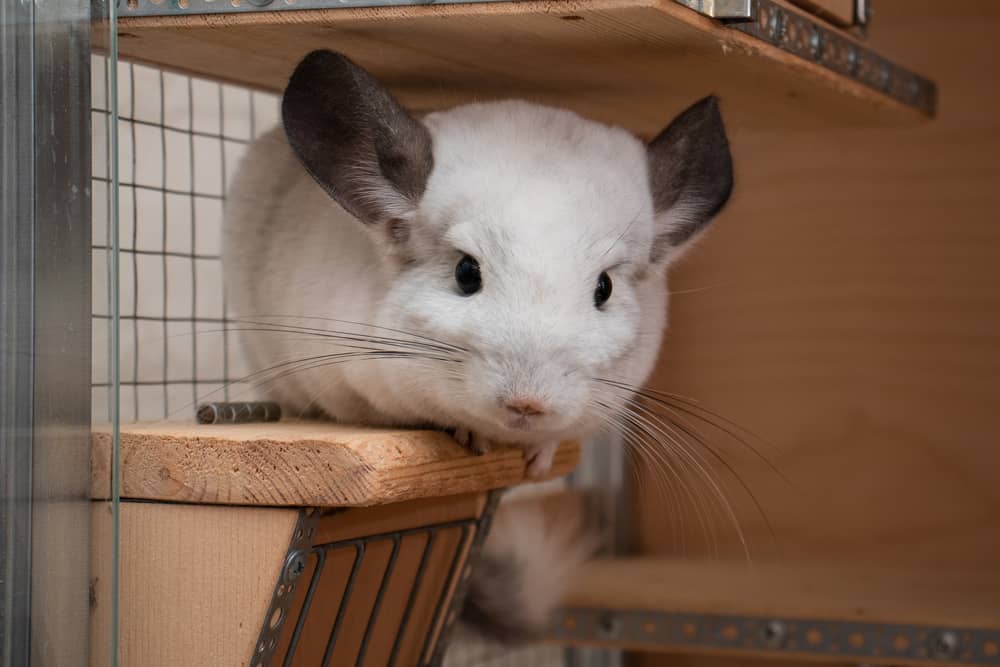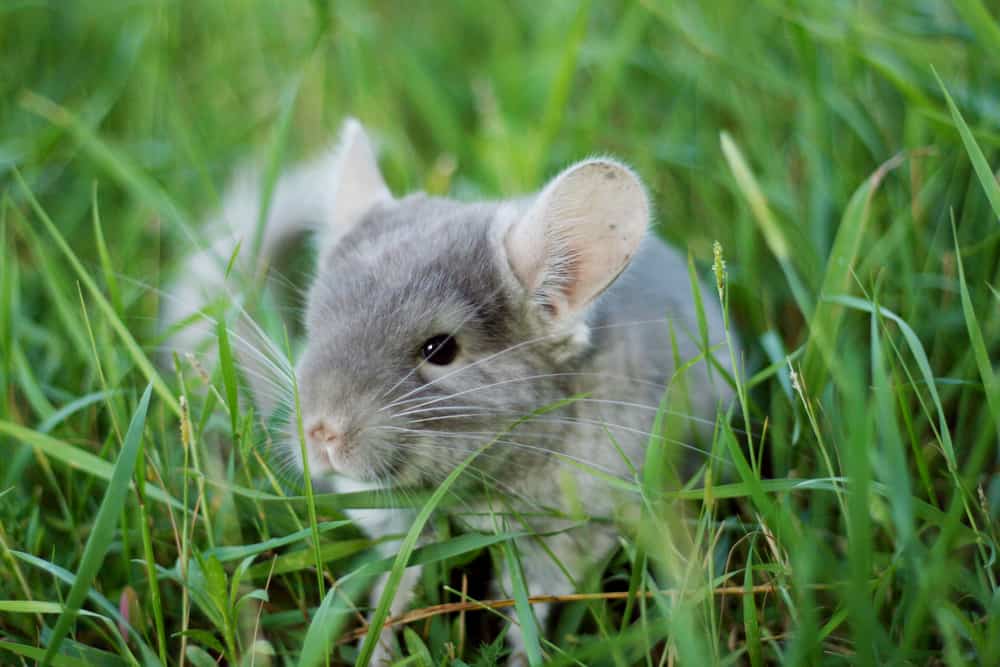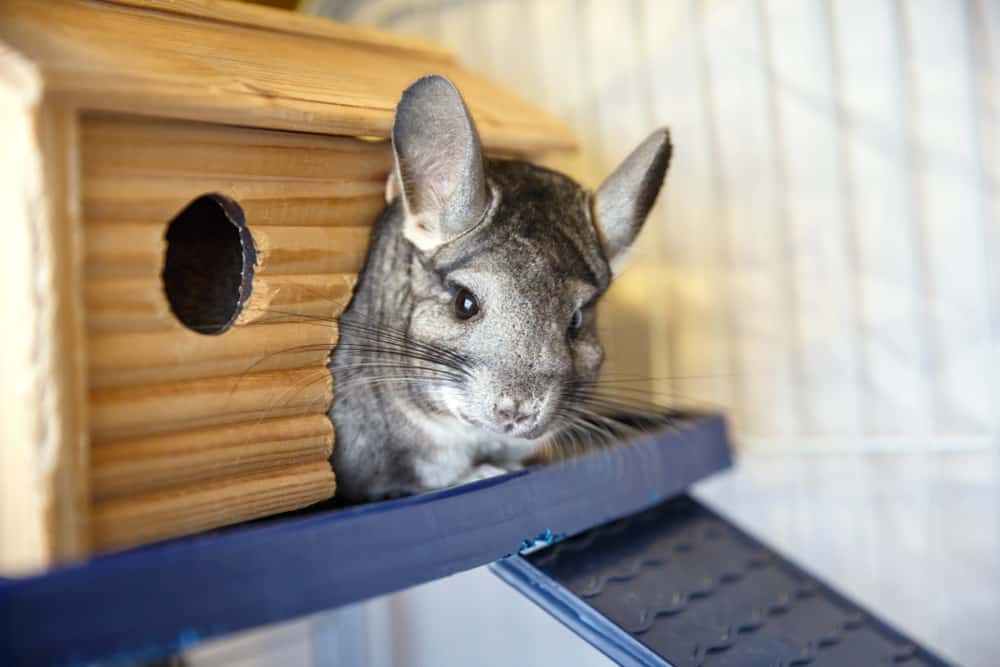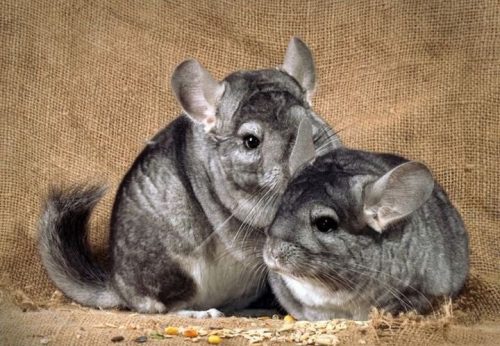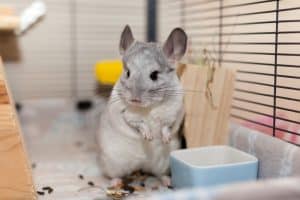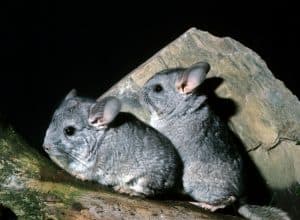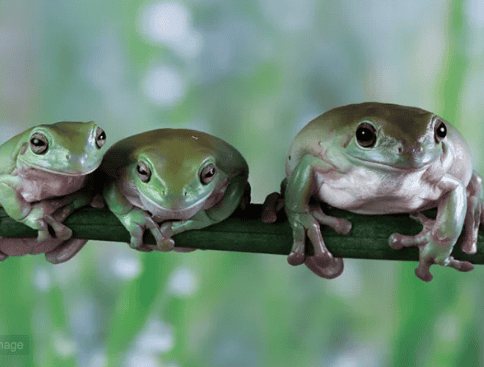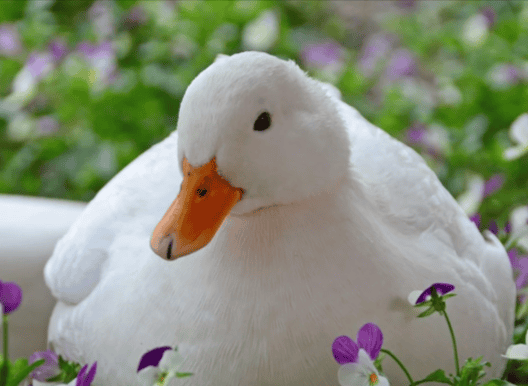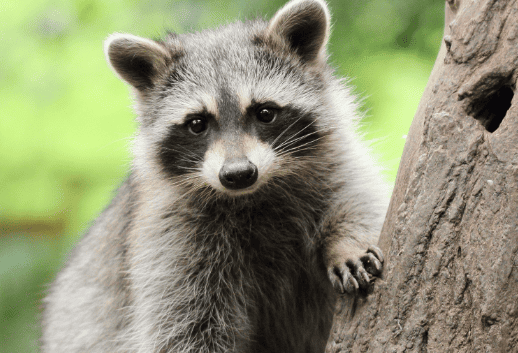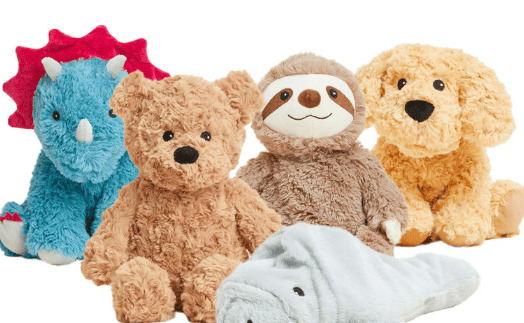Among domesticated rodents, chinchillas are unique. They are larger than most rats, hamsters, and gerbils, and have lifespans far longer than other rodent species.
Chinchillas are also considered an “exotic” pet.
This is due to their rarity in the wild and the fact that most pet stores can only get chinchillas from reputable breeders.
As with any pet, owning a chinchilla is an investment of both time and money.
So whether you’ve been planning to adopt one of your own, or if you know someone who’s interested in raising a chinchilla, here are some things you need to know before deciding to adopt.
Page Contents:
Benefits of Having a Chinchilla As a Pet
1. Chinchillas Are Low-Maintenance
Like other domestic rodents, chinchillas are fairly easy to maintain. Once you set up their enclosure, all they really need is regular food and water.
Chinchillas primarily eat hay, as it contains a lot of fiber.
They should be given fresh hay at least once a day, and hay-based pellets can be given for them to chew on.
A chinchilla’s enclosure should be cleaned once every week. Chinchillas aren’t particularly messy, so cleaning should be fairly easy.
2. Chinchillas Are Very Social
Unlike other rodents, who might prefer living a solitary lifestyle, chinchillas are naturally sociable creatures. In the wild, chinchillas will form herds as a means of protection from predators.
It’s recommended to adopt at least 2 chinchillas, so they can form a proper social bond. This enhanced social interaction will likely extend their life expectancy and improve their long-term mental health.
With humans, chinchillas can become very devoted to their owners with proper care. They are fairly docile and love to cuddle, so if your chinchilla is constantly snuggling up to you, that means you’re probably doing a good job as an owner.
3. Chinchillas Love to Play
Chinchillas are all about playtime, so it’s important to give them the proper toys and entertainment.
Wooden chew toys are a chinchilla’s absolute favorite. The wood gives them something to gnaw on, which files down their constantly growing teeth.
Tunnels and exercise wheels are two other classic toys for domestic rodents, and chinchillas enjoy them just as much. They also enjoy climbing, so giving them objects to crawl around on is also a great way to entertain them.
The best thing about playing with your chinchilla is that you get to see more of their personality. Every chinchilla is unique, so playtime is a great way to get to build a deeper bond.
4. Chinchillas Have Long Lifespans
Unfortunately with dogs, you have to adopt one knowing that this pet is only going to live 10 – 13 years on average.
Or you can get a Chinchilla, which can live almost twice as long in some cases.
Why not pick the pet that you’re going to get more time with?
On average, Chinchillas tend to live between 15 – 20 years.
In fact…
Chinchillas have one of the longest lifespans compared to all other rodents.
5. Chinchillas Are Extremely Smart
Having pets that can do dumb silly things is not necessarily a bad thing…
But having an animal that’s as smart as a Chinchilla can have its benefits. Many Chinchillas are able to recognize their name and go to the bathroom in a specific place in the cage.
These playful animals will likely understand when it’s time to play and be social vs. when it’s time to be quiet and sleep.
Disadvantages of Having a Chinchilla as a Pet
1. Chinchillas Can Be Bad For Allergies
Chinchillas themselves aren’t likely to cause an allergic reaction. They produce very little in the way of dander, so they’re mostly hypoallergenic.
However, the hay that they eat may cause a reaction in people who have hay or grass allergies.
Hays and grasses make up nearly 90% of a chinchilla’s diet, and because of how sensitive their stomachs are, they can’t eat much else. So if you have an allergy to hay or grass, then owning a chinchilla might not be suitable for you.
2. Chinchillas Can’t Be Around Other Pets
Chinchillas love each other’s company, and they can grow attached to a human that they trust. But if you already own another pet, then adopting a chinchilla is out of the question.
In the wild, cats and dogs instinctively prey on chinchillas. So a domesticated chinchilla will automatically recognize a dog or cat as a predator and be stressed out.
Rabbits and other rodents, like rats or hamsters, also irritate chinchillas. Because they all fill a similar niche in nature, a domestic chinchilla might view these other animals as rivals for food or territory.
Chinchillas only get along with other chinchillas. Any other animals will stress them out, and lead to a poor experience for your pet.
3. Chinchillas Are Nocturnal
By nature, most rodents are more active at night than in the daytime.
Chinchillas are no exception.
If you’re a light sleeper, or you just so happen to sleep near a chinchilla enclosure, you’ll likely be kept awake by the sounds of them eating, playing, and moving about.
This also means that during the daytime, a pet chinchilla may be more likely to take a nap than play and be social.
4. Chinchillas Require a Cool Temperature
Though Chinchillas are considered extremely low maintenance, there are a few specific things that you need to get right in order for the Chinchilla to live a long happy life.
One of them is a very specific temperature.
The ideal temperature for a Chinchilla is between 60 to 70 degrees Fahrenheit.
As these creatures have extremely thick fur, they cannot tolerate heat or humidity well. Oftentimes they can suffer from heatstroke, which can be a major risk for these creatures when left in temperatures over 80 degrees.
5. Chinchillas Hide A Lot
At the beginning of owning a Chinchilla, you have to understand that these creatures will be timid and scared of their new, unfamiliar surroundings.
Of course, they won’t be able to escape the cage, but providing your Chinchilla with a safe, natural environment in the beginning is crucial.
Once your Chinchilla has acclimated to the new space you can expand their dwelling area, and even their play area when you take them out.
If you try and be too social with a Chinchilla without giving them time to acclimate, you risk destroying any chance of developing their social skills down the road.
Conclusion
Ultimately, the decision on adopting a chinchilla is up to you. As with every other kind of pet, chinchillas have their own advantages and downsides to take into consideration.
So, the next time you consider adopting a chinchilla, keep this list in mind.
It will help you make an informed decision on whether or not this exotic pet is right for you.
